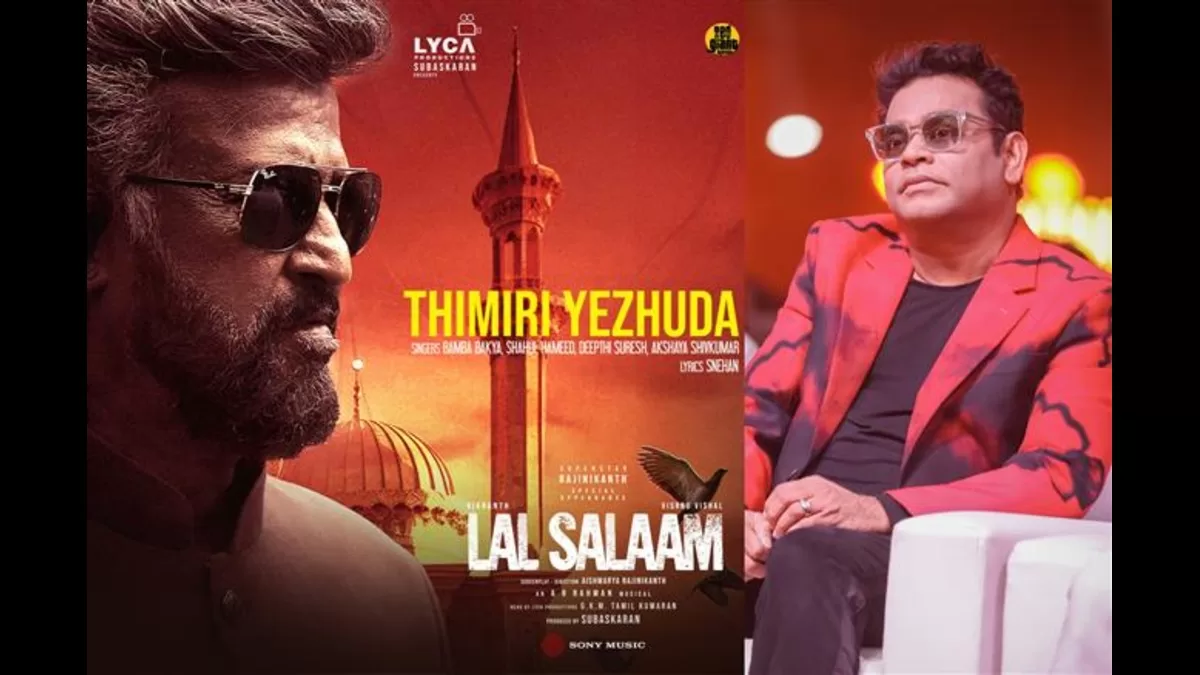In a groundbreaking move, Oscar-winning composer A.R. Rahman has harnessed the power of artificial intelligence (AI) to resurrect the voices of the late vocalists Bamba Bakya and Shahul Hameed for his latest project, ‘Lal Salaam.’ This innovative approach has sent shockwaves through the music industry, capturing both admiration and controversy.
Rahman’s Technological Breakthrough
Rahman’s decision to employ AI to recreate the voices of iconic singers for the song “Thimiri Yezhuda” in Rajinikanth’s film “Lal Salaam” showcases the limitless potential of technology in music production.
By utilizing AI-generated voices, Rahman pays tribute to the late artists and pioneers, a method that could redefine how the industry preserves and revitalizes the legacies of revered musicians.
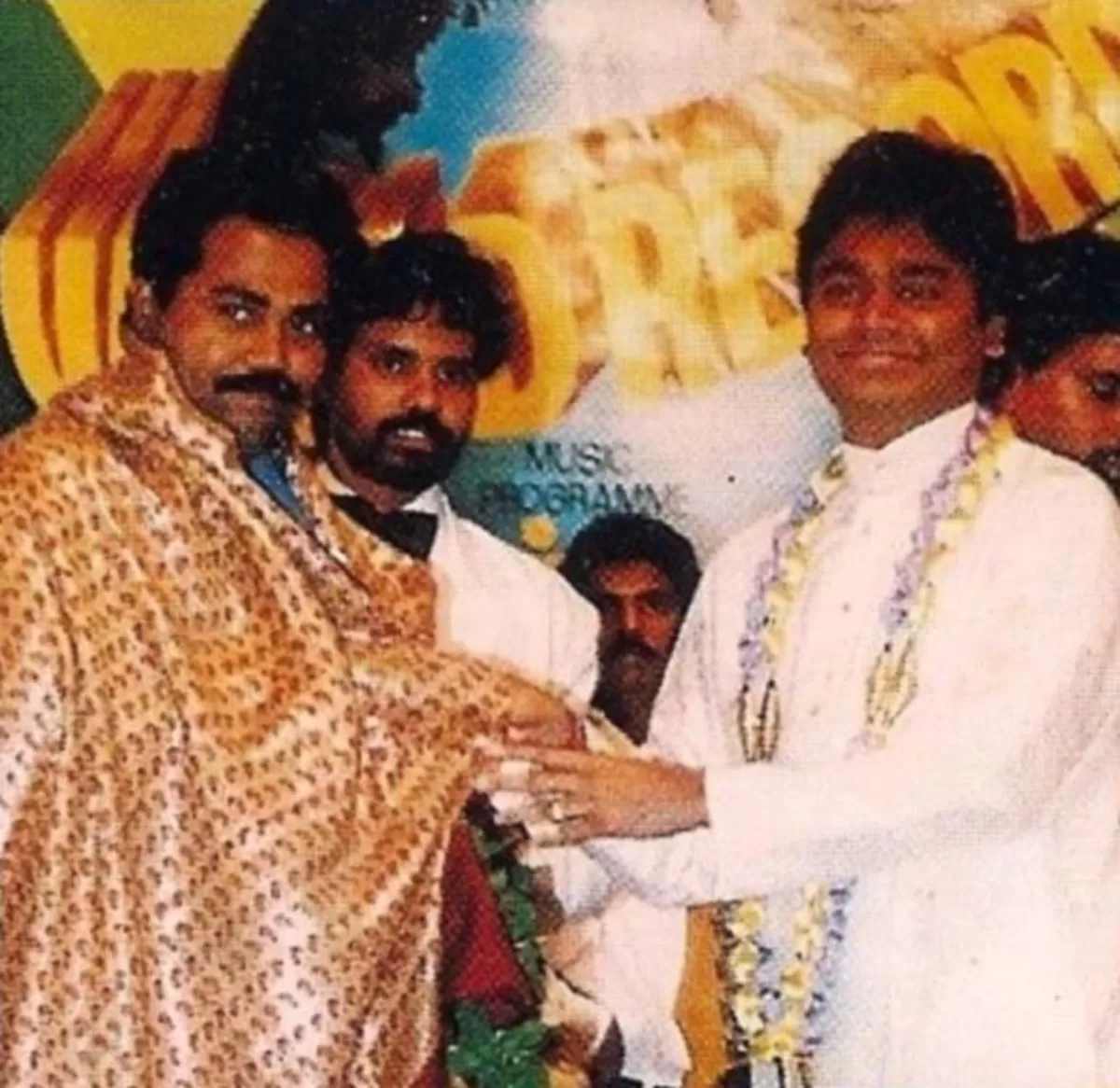
AR Rahman collaborated closely with Bamba Bakya and Shahul Hameed, producing many successful songs. Bamba Bakya passed away from cardiac arrest in 2022, while Shahul Hameed perished in a vehicle accident in 1997.
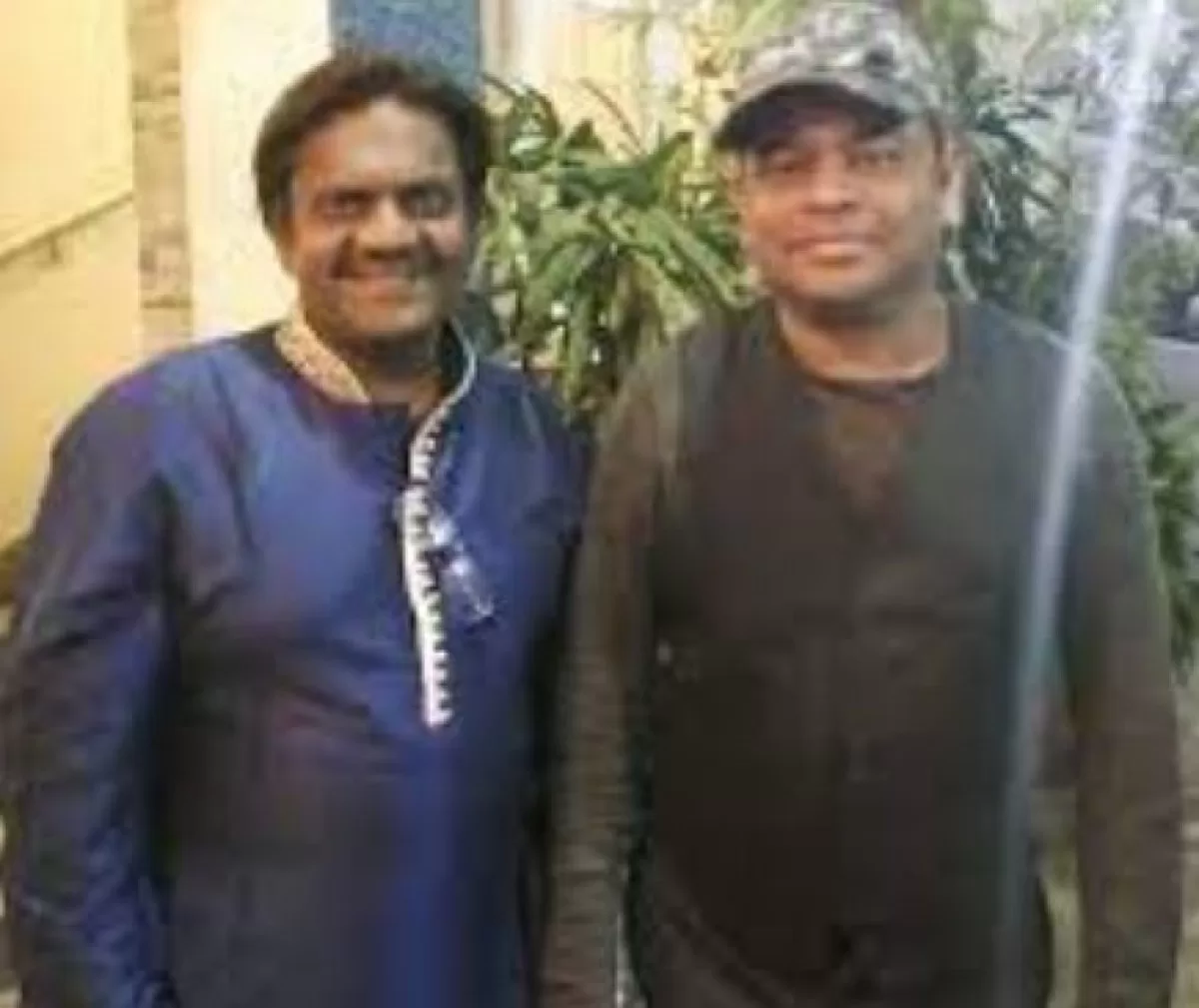
Fan Reactions: A Spectrum of Emotions
The introduction of AI to revive the voices of late singers has naturally evoked a spectrum of emotions among fans and music enthusiasts alike. Some applaud Rahman’s avant-garde approach, acknowledging the emotional impact of hearing beloved voices again. However, others expressed concerns about this technology’s ethical and artistic implications. The ongoing debate surrounding the authenticity and emotional connection to the original voices has led to a division of opinions within the music community.
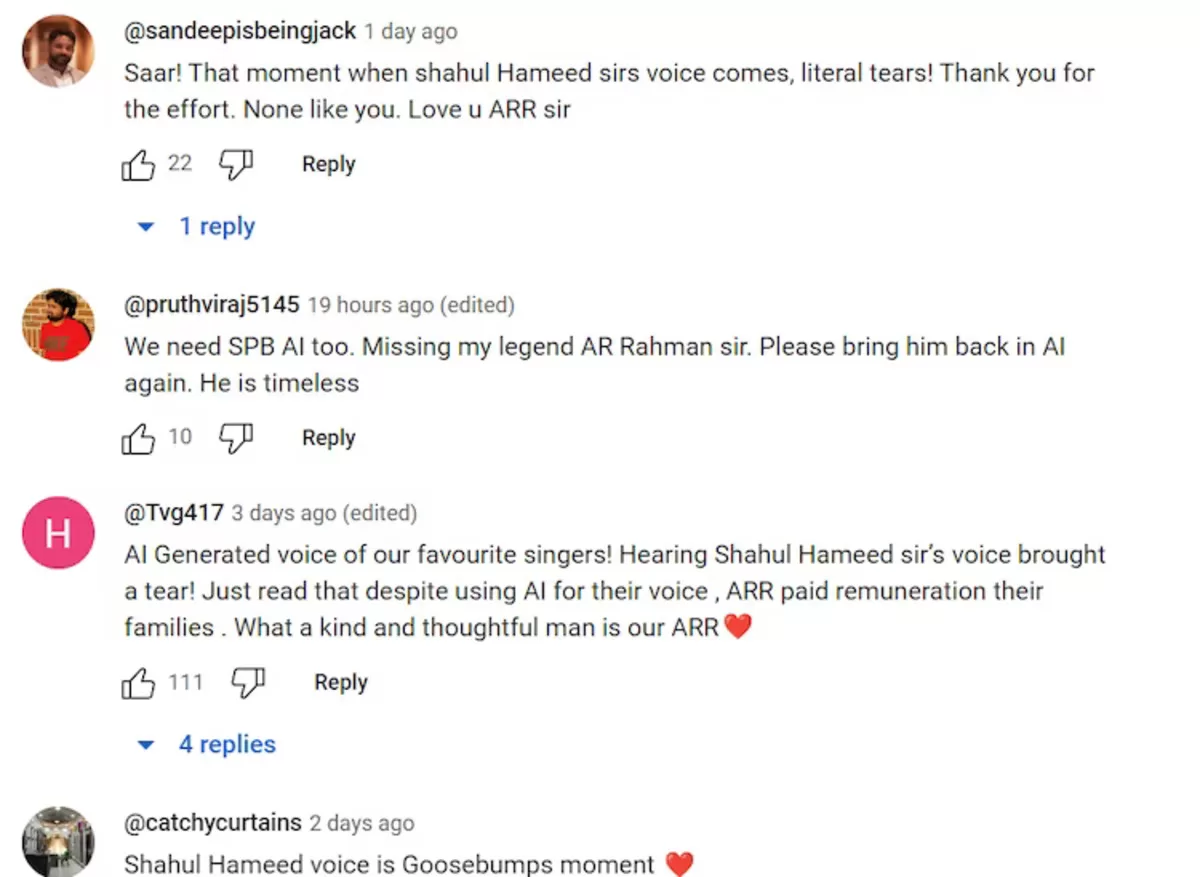
Controversy Sparks Thoughtful Discussions
The controversy surrounding Rahman’s use of AI in ‘Lal Salaam’ has sparked thoughtful discussions about the future of music creation and the ethical considerations associated with replicating human voices through technology.
As the boundaries between art and technology blur, questions arise about the evolving landscape of the music industry. Rahman’s bold step has initiated a profound conversation about the possibilities and challenges ahead.
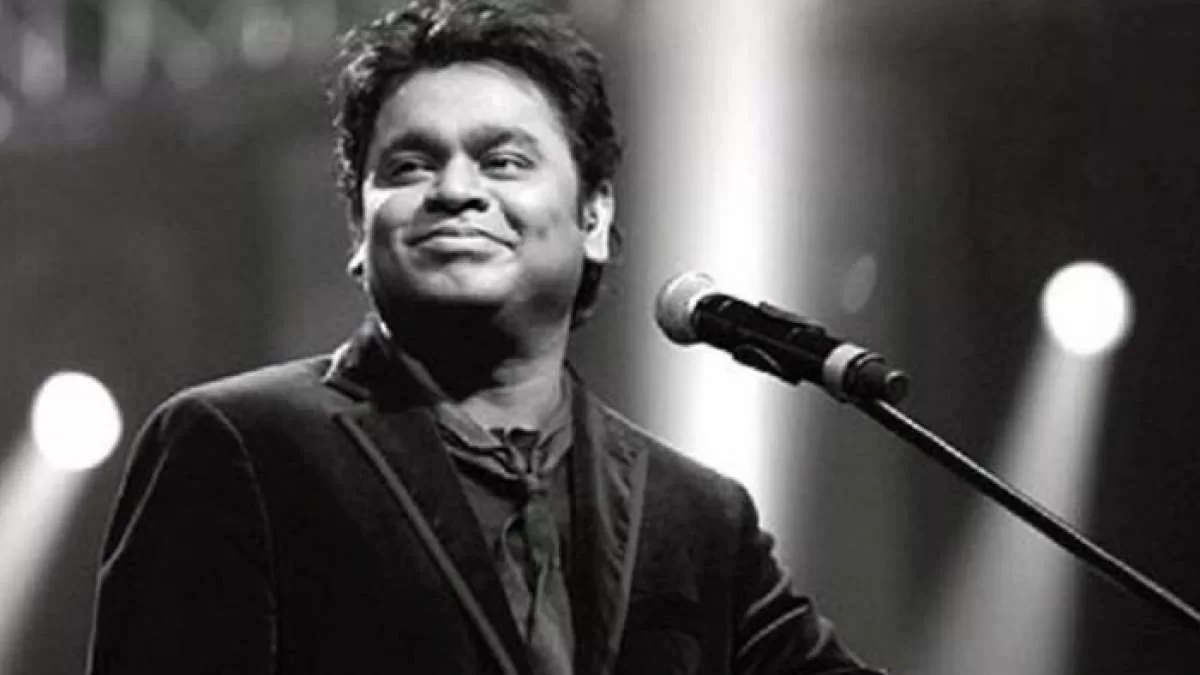
The Future of AI in Music Production
Rahman’s bold move in ‘Lal Salaam’ has brought the potential of AI in music production to the forefront of industry discussions. As technology advances, it raises pivotal questions about the future of music creation and the ethical considerations associated with using AI to replicate human voices.
The intersection of art and technology in the music industry is evolving, and Rahman’s use of AI has ignited a thought-provoking conversation about the possibilities and challenges ahead.

